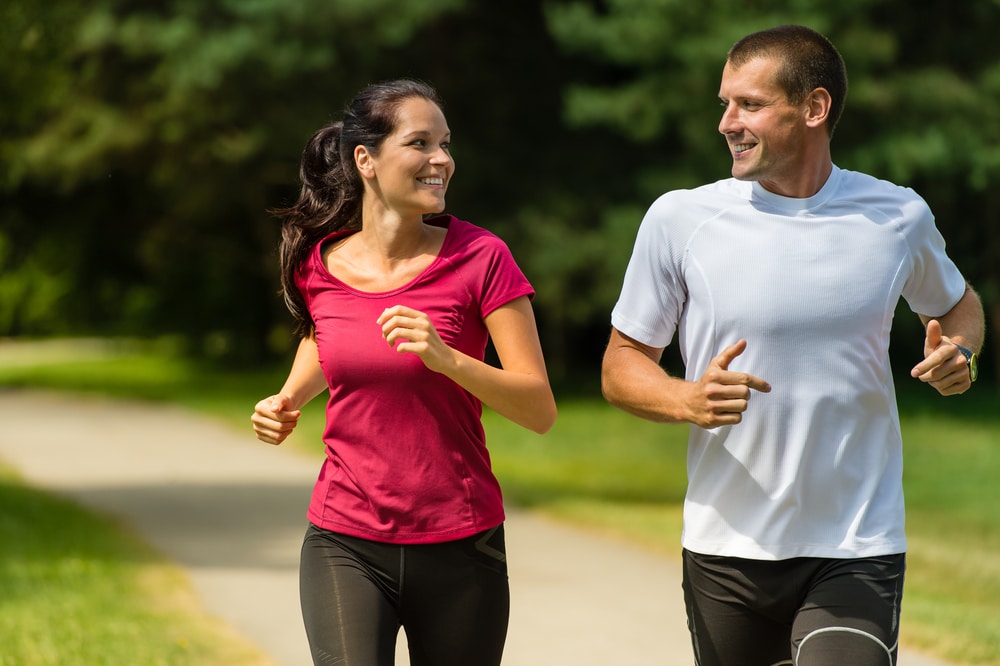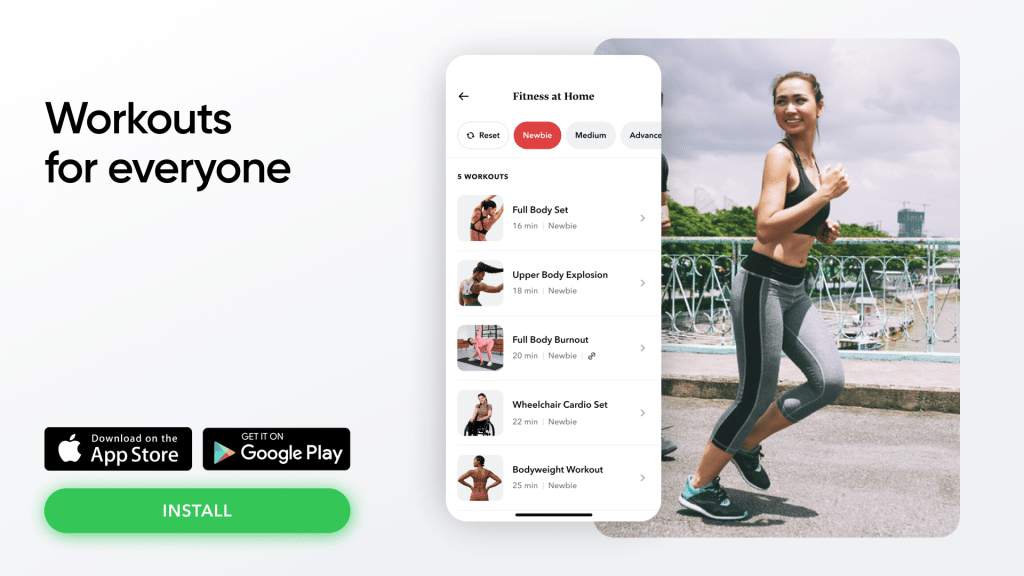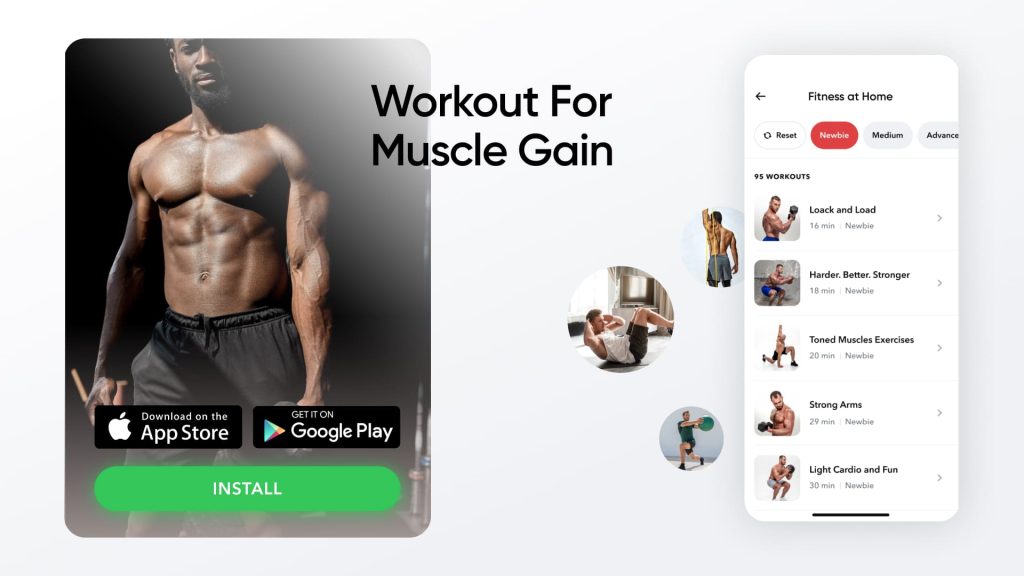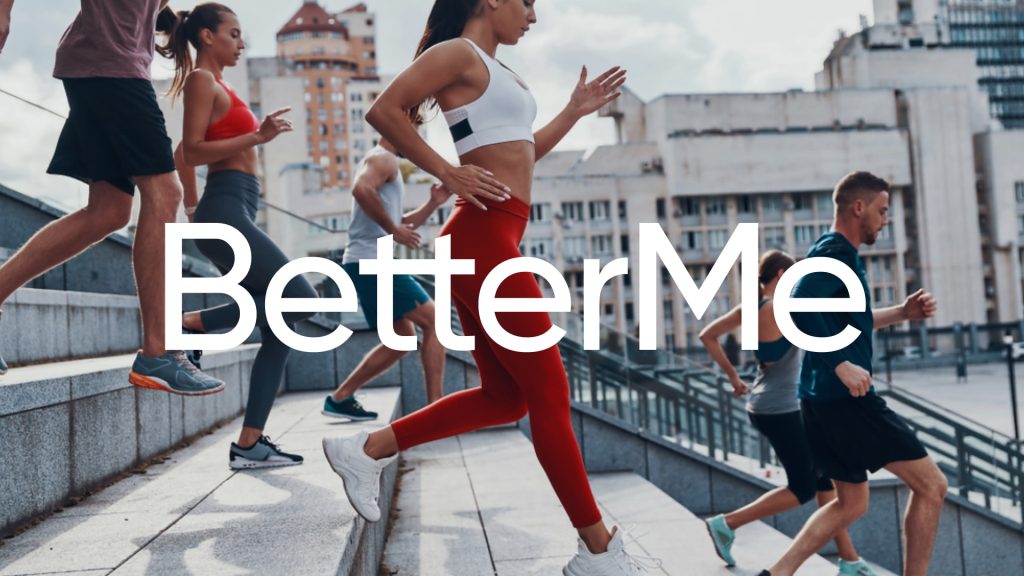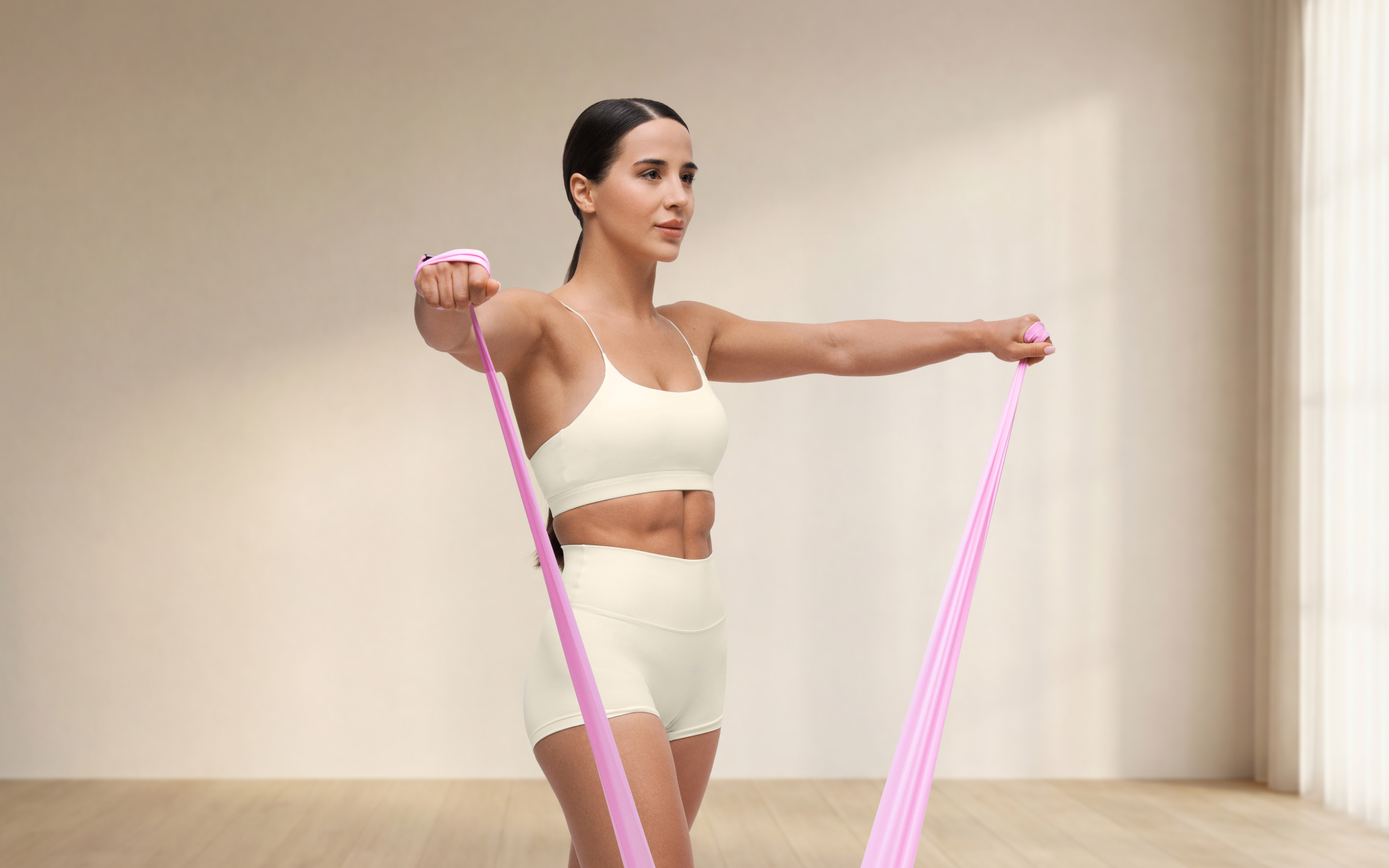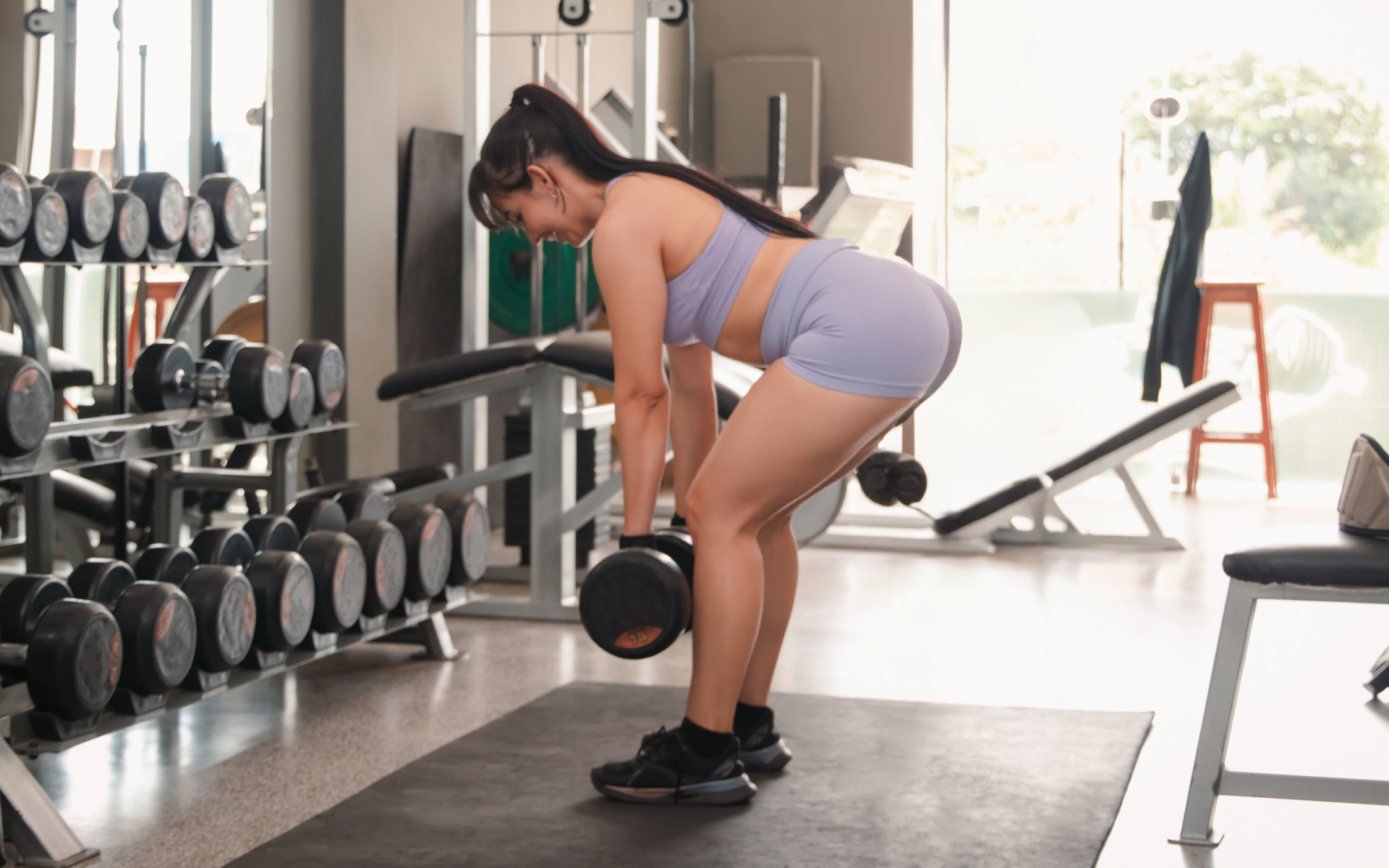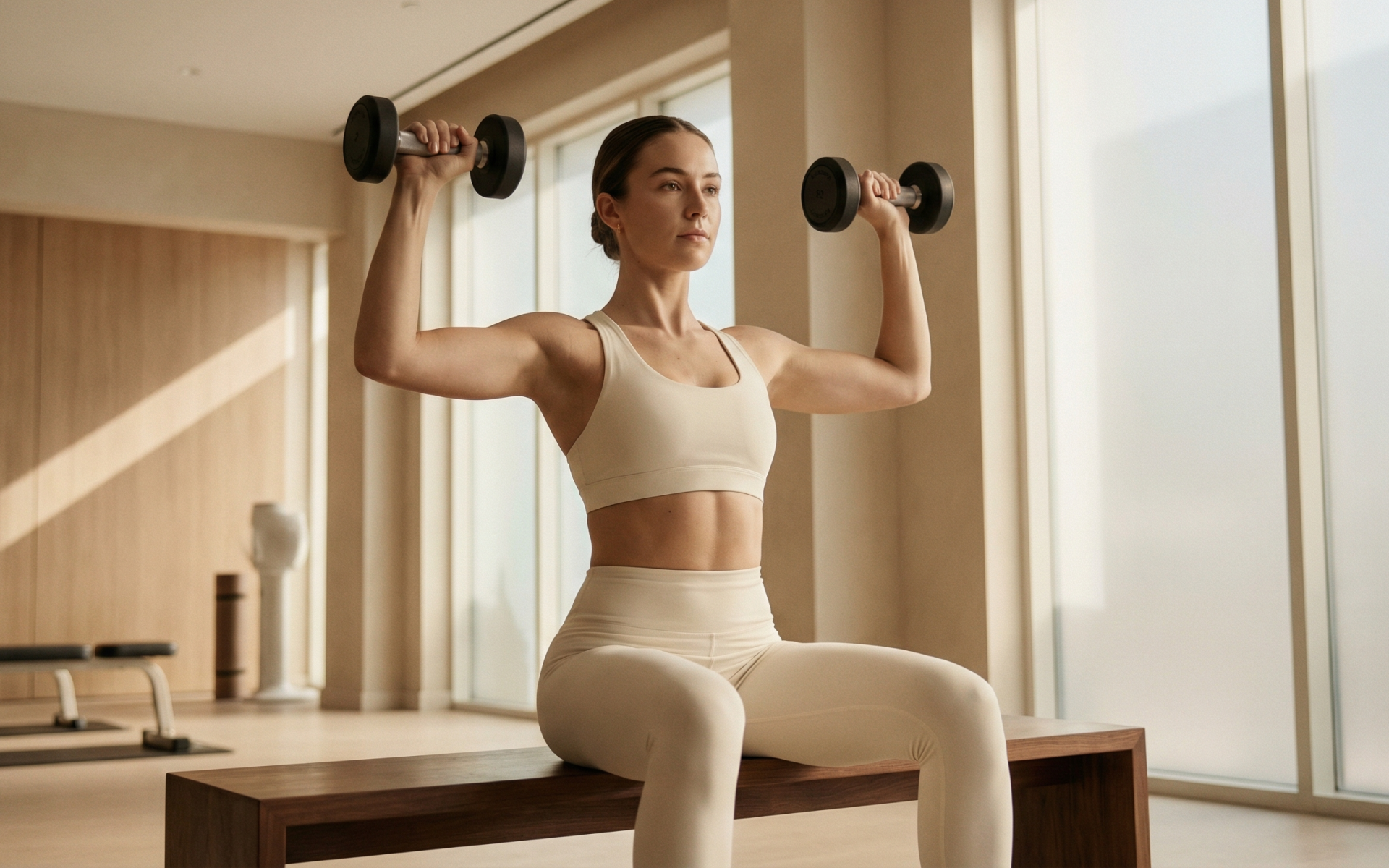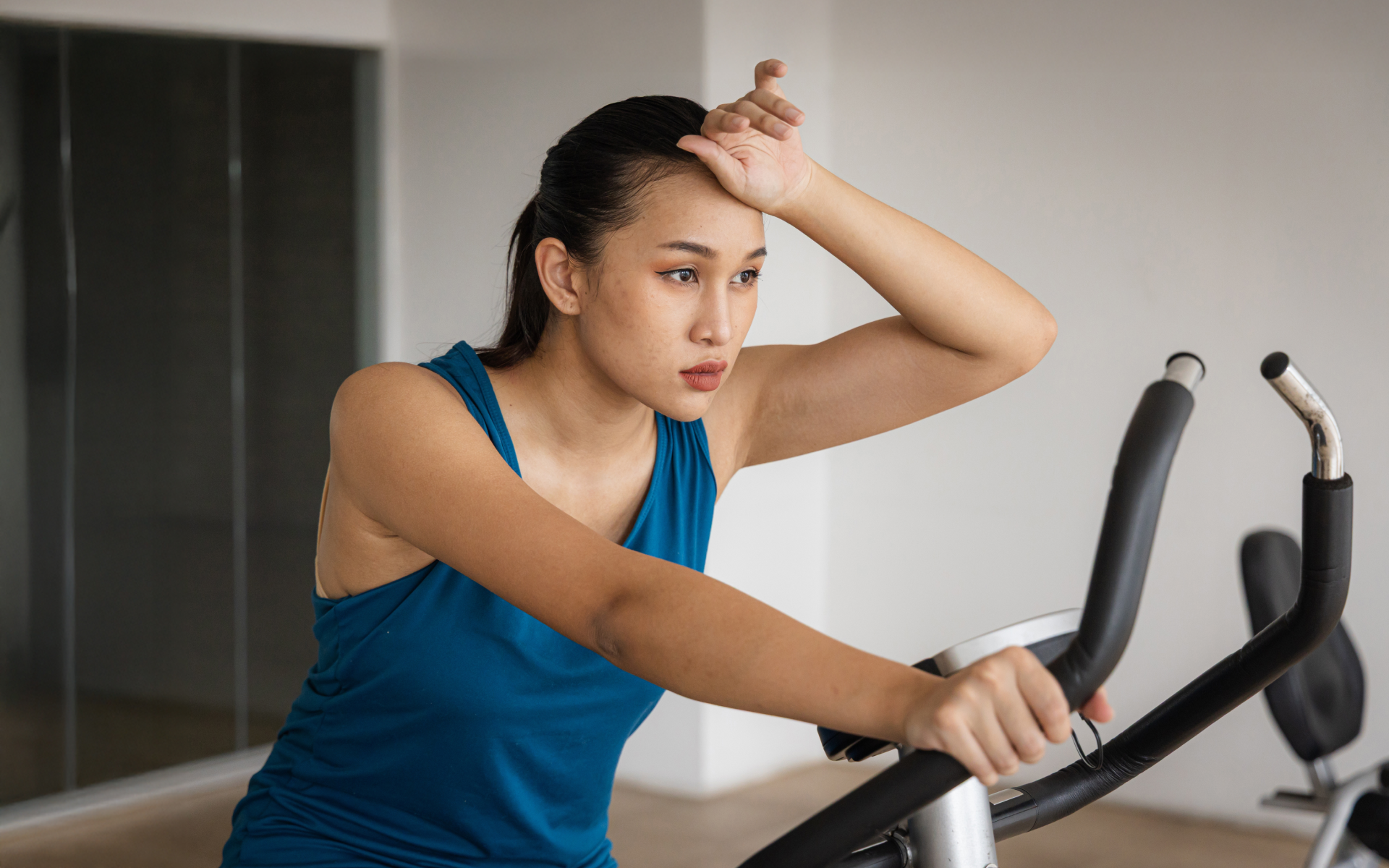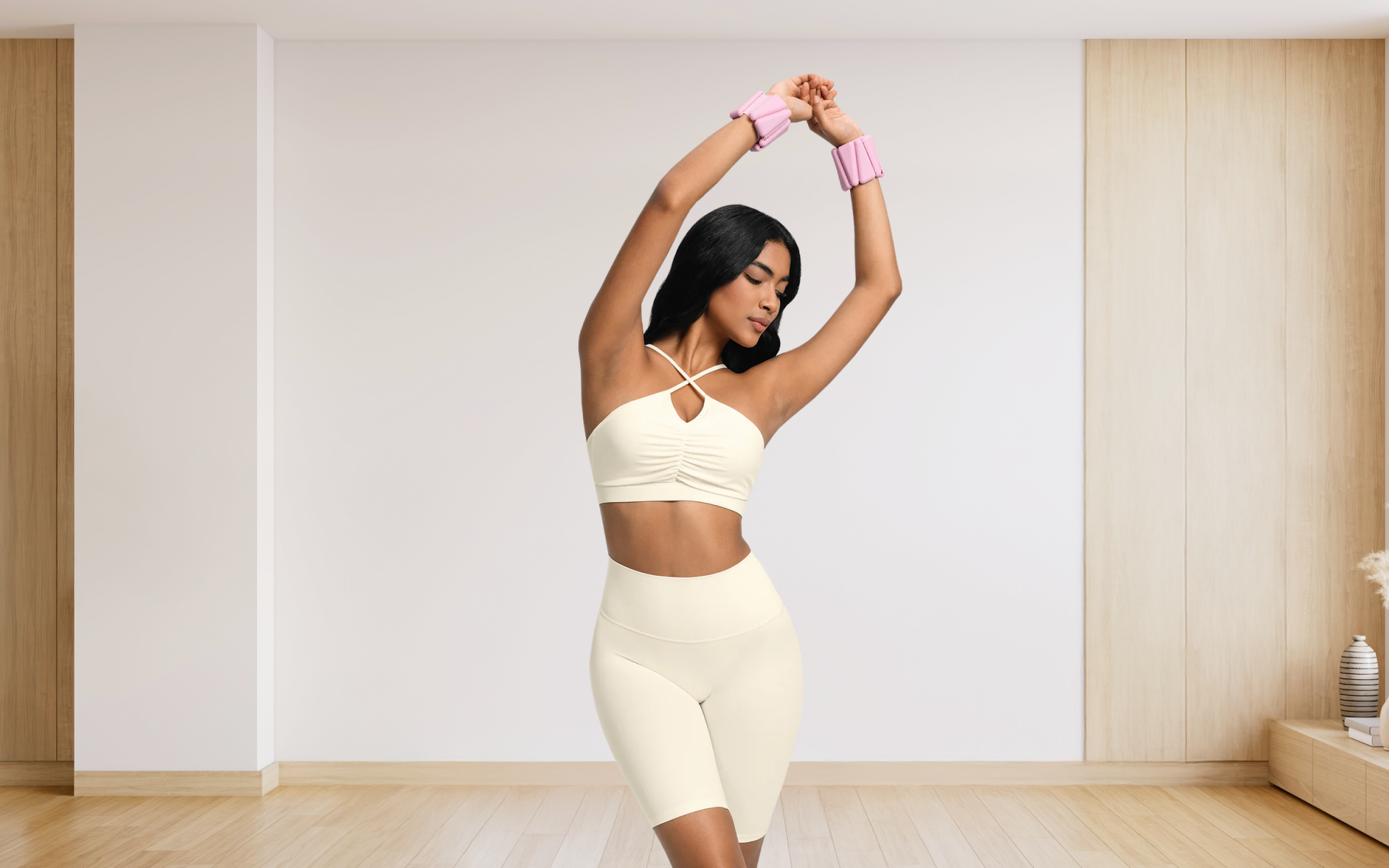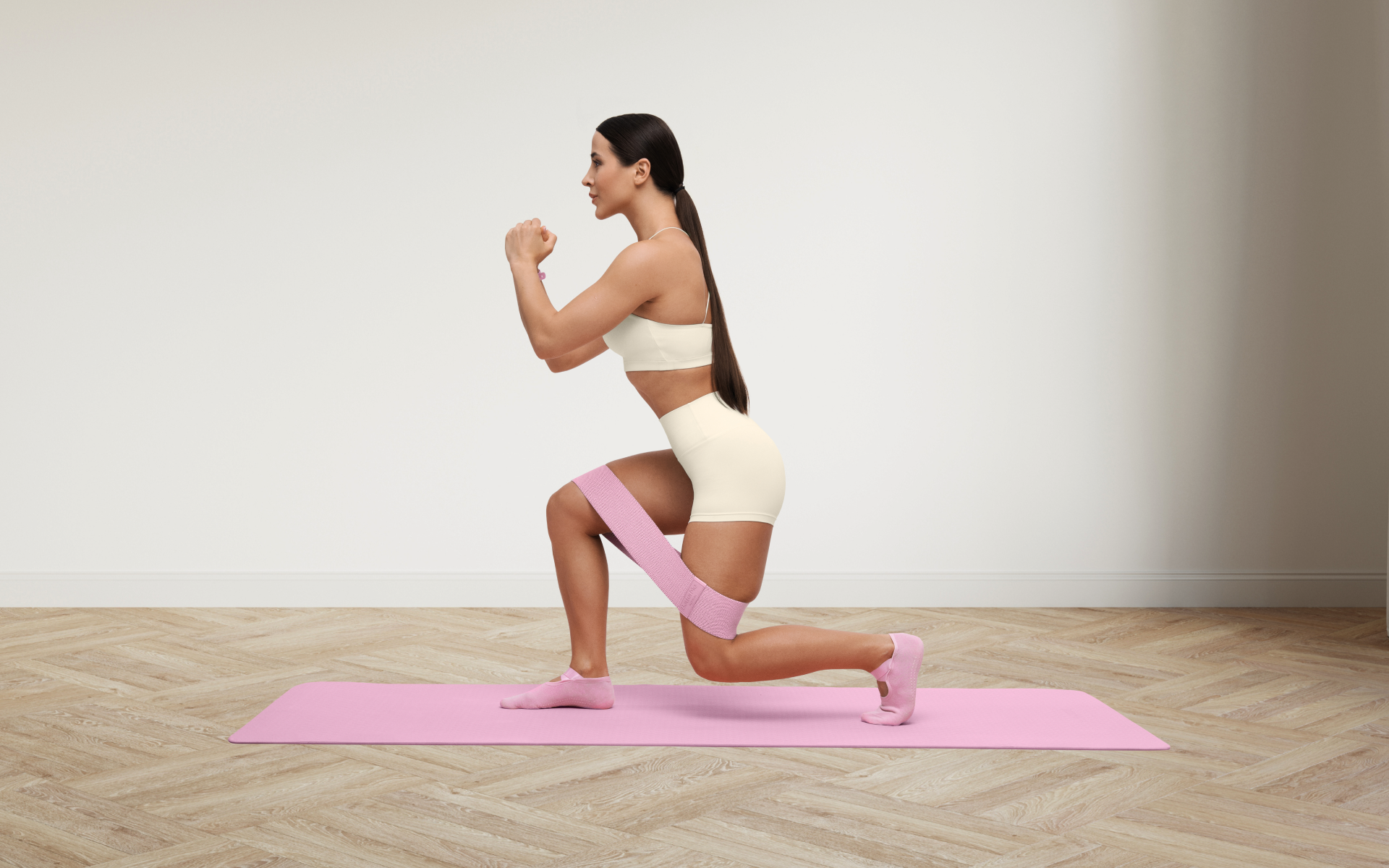For many heavy people, running while being overweight is something that they just cannot fathom. Be it due to feeling insecure about people looking at you, not knowing where to start, or even something more complicated like worries about certain health concerns, this activity can appear unachievable to many. However, running as an overweight person is actually less complicated than many may make it seem. In today’s article we are going to give you some useful tips and tricks on how to start running while overweight and even debunk several myths about what you can and cannot do.
Get your personalized
meal plan!
At What Weight Is It Safe To Run?
It is no secret that body weight largely affects a person’s performance in many sports activities – running included. In fact, several studies have gone ahead to show that lighter people run better and faster than heavier people
- In 2011, a study published in the Asian Journal of Sports Medicine found that runners who had lower body mass, lower body mass index and lower body fat ran faster than runners who were heavier, or had a higher BMI and more body fat (11).
- Two years later in 2014, another study done on male runners showed that weight matters, especially in long distance running performance. In the study, researchers found that for peak performance, the optimal BMI for a short race i.e. the 800M sprint is between 20 and 21, while the optimal BMI for longer races (from a 10 K to a full marathon) reduces to between 19 and 20 (1).
Runner’s World goes on to further state that lighter runners may find it easier to participate in this athletic exercise because their bodies are more efficient at delivering oxygen throughout the body, they burn carbohydrates faster (might have something to do with a faster metabolism) and can dissipate heat better as they have a higher surface-area-to-body-weight ratio and less insulating fat tissue.
It is no lie that a person at a healthier weight will have a less challenging time when hitting the track or trail for their daily run. With this in mind, is there a specific weight that you have to wait to reach before attempting running while overweight to torch calories?
No, there isn’t. Running is neither specific for skinny nor fit people. As long as you can get up and run without your joints hurting as soon as you place your weight on your limbs, then you are good to go. Just remember to pace yourself. Run (or even jog) as much as your body allows. In time, you will build your endurance enough to maybe even consider trying out for a 10 K race or even a triathlon!
Read More: How To Improve Running Endurance With 8 Simple Tips
What Are The Dangers Of Running While Overweight?
Unlike free climbing or parkour done on skyscrapers, running isn’t a dangerous activity. However, running while overweight to torch calories comes with a few issues that can make the experience frustrating, especially in the beginning.
Here are some common issues that you may face while running while overweight and how to avoid/overcome them
-
Chafing
Caused by the combination of friction, moisture, and irritating fabric, this is a skin problem that is faced by many athletes, especially runners. This problem is mostly faced by overweight/obese people who happen to have folds of skin or where body parts touch e.g. the inner thighs.
When the skin is chafed, the area becomes red and raw and has a painful stinging or burning sensation. To prevent this, you are advised to
- Wear running clothes made from breathable material which prevents sweat from pooling between your clothes and skin
- Choose running pants/leggings instead of shorts – Shorts might be cute, but they can easily ride up which makes your thighs rub together as you run. Stick to pants as they will keep you protected
- Get some baby powder – Not all body parts can be prevented from chafing by clothing, especially for people with body rolls. Using some baby powder under the rolls helps to not only stop the rolls from rubbing against each other by creating a small barrier, but the powder also absorbs any sweat moisture which could lead to chafing.
-
Breathing Problems
This is a problem for all new runners not just the overweight or obese ones. Shortness of breath while running occurs because this activity increases your heart rate, which makes you breathe faster. These fast breaths are often short and shallow and do not provide your body with a lot of oxygen.
Learning how to breathe better while running is a good way to rid yourself of this particular issue. The American Lung Association suggests that new runners should practice rhythmic breathing as they run. This is a technique that helps you get more oxygen by creating a rhythm between how you breathe and how you run.
To do this, the organization suggests that as you run, you should breathe in for three steps and out for two steps. This is said to help naturally shift your breathing so it’s not impacting the same foot on the inhale over and over again, which reduces the pressure on the diaphragm and body during the course of this exercise (2).
Also remember that the more you run, the stronger you get and the more your endurance builds thus if you keep running you will find your breathing becoming easier and eventually you may realize that you can run for up to an hour without running out of breath.
Whether you’re a workout beast or just a beginner making your first foray into the world of fitness and dieting – BetterMe has a lot to offer to both newbies and experts! Install the app and experience the versatility first-hand!
-
Shin Splints
Recognized by a shooting pain in your lower legs, this issue is mostly caused by poor running form, running on hard surfaces like concrete, failure to stretch before and after this exercise, pushing yourself too much, or running downhill.
Avoid this issue by wearing the right footwear, including stretching warmup and cooling down to your running plan, running on a trail instead of pavement, and pacing yourself as you exercise.
-
Foot And Joint Pain
While this is also not an issue exclusive to heavier people, it may happen more with overweight and obese runners due to how much weight they carry. Remember that your lower body (especially the knees, ankles and foot) is what holds you up as you stand, walk, or run. The heavier you are, the more weight on these body parts.
If you already experience any pain in these parts in your everyday life, then running should absolutely not be on your list of activities to try until you’ve seen a doctor and had the issue sorted out. If you feel any pain in these areas stop immediately and see a doctor. To prevent any of this from happening, invest in good, comfortable running shoes, pace yourself – do not increase your speed or distance too much or too quickly, and research on the proper running form.
-
Runner’s Knee
More common in women than men, this is a condition that is experienced by many runners worldwide, including athletes. This condition is often characterized by pain while walking, running, going up or down the stairs, kneeling, squatting or any other position that requires the knee to remain bent.
The issue has many causes with the most common ones being an overuse or some kind of trauma to the kneecap. To prevent this issue while running, always make sure to stretch, use the proper running form, get proper runner’s shoes, and as usual, pace yourself (10).
Is It Ok To Run While Overweight?
Yes, it is. As seen above, not only are there no dangers to running while overweight, but also how much you weigh has no say on if you can run or not. If you have chosen this activity as your go to for a healthier lifestyle, then go ahead and do it.
However, if you have any specific health concerns that you are afraid might be triggered by this exercise, we suggest that you first speak to a doctor, express your concerns and go forth from there.
How Much Should An Obese Person Run?
As much as they can. Once again, if as an overweight person you do not have any serious health concerns that can be triggered by this workout, then you should do it as much as you can – without putting yourself or body in jeopardy.
The trick to running while overweight is listening to your body and pacing yourself. Remember, you are not in any competition with anyone. Work on your pace, distance and endurance gradually.
Why Am I Not Losing Weight When Running While Overweight?
Running is touted as one of the best yet easiest ways to shed some extra pounds. But what happens when the promised weight loss isn’t happening? Could you be running the wrong way?
Here are some reasons why running while overweight may not be giving you your desired results.
-
You Have Not Fixed Your Diet
You cannot outrun a bad diet – literally. It doesn’t matter if you are using a training plan for the best long distance runner on earth or a simple plan that you made at home by yourself. As long as you have not fixed your nutrition, all your time at the track/trail will be going down the drain.
The best diet for runners is one that includes all three macronutrients. This is not the time to go carb free and do keto – save that for later. Running requires a lot of energy and that is why a balanced diet is important
- Carbohydrates – These are your body’s main source of energy. When consumed, they are turned into glucose which the body then uses to push you through your workout. You are advised to get at least 45 to 65 percent of your daily calories from carbs. Not all carbs are good though. Make sure to eliminate all simple carbs and stick to complex carbs like wholegrains and root vegetables (9, 8).
- Fats – They should take up 20 to 30 percent of your daily caloric intake. When working out, especially for a long duration, your glucose stores will be finished and at this point, the body turns to its stored fats and uses them as a source of energy. This process – known as fat oxidation – occurs when the body breaks down your stored fats and turns them into glucose (3, 6, 12). Aside from being an extra source of energy, fats are also great for the health of your joints. Be sure to only consume healthy fats from avocados, healthy oils (olive, sunflower, coconut, etc.), as well as nuts and seeds.
- Protein – The remaining percentage of the calories should all come from protein. This macronutrient is essential in matters such as muscle repair and growth, production of red blood cells, tissue repair, injury prevention, and overall recovery. Failure to eat enough protein could lead to poor performance while on the trail, muscle wasting/loss, and an increased risk of injury (8, 4).
Be sure to also eat your fruits and vegetables for a healthy intake of immune boosting micronutrients.
Dropping pounds by the dozens without putting yourself through the wringer is everyone’s weight loss pipe dream. But what if we told you that the BetterMe app can make that happen? Keep yourself in prime shape with our fat-blasting workouts, delicious budget-sparing recipes, and body-transforming challenges with our app!
-
You Are Eating Too Much Or Not Enough
Other than eating the right things you must also make sure that you are eating at a calorie deficit. Eating too many or too little calories will make you gain weight even as you run to shed some extra pounds
Remember that eating too much means you are at a calorie surplus and burning less calories that you are ingesting. The extra calories get stored as fats in the body. When you eat too little, your body goes into starvation mode where it holds on to your stored fats instead of burning them as it thinks you are starving and at a risk of death.
Get yourself a calorie counting app like the BetterMe App to help you figure out how much you need to eat to lose weight while running.
-
You Have Hit A Plateau
If you have been running for a while and have suddenly realized that you are no longer losing weight at the pace you are used to (or at all) then you might have hit a plateau. It might be time to switch up your routine. Increase your miles or speed, hit some weights, or replace your beloved form of cardio with something else, like swimming or kickboxing.
-
You Are Using An At Home Bathroom Scale To Measure Your Progress
While there is nothing wrong with having a bathroom scale at home to track your weight loss, many people forget that bathroom scales measure your weight as a whole. What this means is that they do not differentiate between actual fat from your blood, organs, muscle mass, body water percentage, etc.
To get an accurate measurement, choose to invest in a body fat scale instead as it measures all the above mentioned factors and is likely to give you a better estimate. Also, try and not weigh yourself every single day. This is not a healthy habit and can do quite the damage on your mental health and self image. If you have to weigh yourself try doing it once a month or every two weeks at the most.
Overweight Effect On Hips While Running: Does This Exercise Increase The Risk Of Hip Pain?
Just as with knee and other joint pain, running and being overweight are two factors that can increase the risk of hip pain/injury. The former due to poor running form, lack of proper equipment, or running on hard surfaces and the later due to the excess weight placed on your lower body.
If you start experiencing pain in your hip while running, we suggest stopping immediately and going to see your doctor to further understand what the issue might be. If you are overweight and currently experience hip pain, running might not be in the cards for you just yet. Get the matter treated first and then try again.
However, if you are scared to run because you believe that being overweight may not be for you due to exposing you to a risk of either osteoarthritis or a hip replacement surgery, we assure you that this will not happen.
In fact, according to a study published in the Medicine & Science in Sports & Exercise journal, researchers found that this activity significantly reduces the risk of either condition as it helps lower your BMI (5).
Running A Marathon While Overweight: Tips And Tricks To Get You To The Finish Line
Now that you know that running while overweight is definitely possible, how can you train for a possible marathon in the future? Here as some tricks to use – please note that these tips are not exclusive to marathon runners, if you are getting into running for the first time or training for some other kind of long distance run/race, these tips are for you too
- Start slowly – When you check online, you can find marathon schedules that call for as little as eight or even four weeks to get ready for the big race. This is definitely not the plan for you. We suggest choosing a running plan for obese beginners that covers at least 16 weeks (you can go up to 20 weeks if you are feeling extra nervous). This gives you time to build on your fitness, strength, and endurance. It doesn’t also hurt that it gives you more time to shed some extra weight too
- Get the right gear – As with exercising and workout accessories, getting some good running gear is essential to help you get to that finish line and your optimal goals. We suggest getting some proper running shoes, a water bottle (or backpack), breathable running clothes (cotton is the enemy), and some anti chafing cream/powder. Some other running equipment that is cool to have but not essential includes a fitness watch to track your progress, a weighted vest, bluetooth ear/headphones and a fanny pack or armband to store your phone and some healthy snacks.
- A proper meal plan – You can either make one using a calorie tracking app as your guide or enlist the help of either a nutritionist/personal trainer to help you figure out how to eat healthily for such a training plan.
- Always remember to warm up and cool down – This helps keep your muscles loose and limber preventing DOMS, injury and muscle cramps.
- Have fun with it – Whether you are looking to run in your first ever marathon or are just looking to shed some extra pounds, remember that running – or any other workout for that matter is only as fun as you make it.
Do not put any unnecessary pressure on yourself – or let anyone else do it. Quality always defeats quantity so walk before you run. Build up on your speeds and distance slowly. Find some friends to go running with and if no one wants to, put yourself out there and make some new running friends. As long as it’s fun, you are more likely to stick with it.
The Bottom Line
For many people, running while overweight is more of a mindset matter than an issue of impossibility. If you have been considering taking up this exercise, go ahead and do it. Remember to speak to your doctor if you have any pains or health concerns, pace yourself and have fun with it.
DISCLAIMER:
This article is intended for general informational purposes only and does not serve to address individual circumstances. It is not a substitute for professional advice or help and should not be relied on for making any kind of decision-making. Any action taken as a direct or indirect result of the information in this article is entirely at your own risk and is your sole responsibility.
BetterMe, its content staff, and its medical advisors accept no responsibility for inaccuracies, errors, misstatements, inconsistencies, or omissions and specifically disclaim any liability, loss or risk, personal, professional or otherwise, which may be incurred as a consequence, directly or indirectly, of the use and/or application of any content.
You should always seek the advice of your physician or other qualified health provider with any questions you may have regarding a medical condition or your specific situation. Never disregard professional medical advice or delay seeking it because of BetterMe content. If you suspect or think you may have a medical emergency, call your doctor.
SOURCES:
- BMI, a Performance Parameter for Speed Improvement (2014, journals.plos.org)
- Breathing Basics for Runners (2016, lung.org)
- Contextualising Maximal Fat Oxidation During Exercise: Determinants and Normative Values (2018, pubmed.ncbi.nlm.nih.gov)
- Effects of Protein Supplementation on Performance and Recovery in Resistance and Endurance Training (2018, ncbi.nlm.nih.gov)
- Effects of Running and Walking on Osteoarthritis and Hip Replacement Risk (2013, ncbi.nlm.nih.gov)
- Fundamentals of glycogen metabolism for coaches and athletes (2018, ncbi.nlm.nih.gov)
- International society of sports nutrition position stand: diets and body composition (2017, pubmed.ncbi.nlm.nih.gov)
- International Society of Sports Nutrition Position Stand: protein and exercise (2017, ncbi.nlm.nih.gov)
- Position of the Academy of Nutrition and Dietetics, Dietitians of Canada, and the American College of Sports Medicine: Nutrition and Athletic Performance (2016, pubmed.ncbi.nlm.nih.gov)
- Taking the pain out of runner’s knee (2011, health.harvard.edu)
- The Relationship between Anthropometry and Split Performance in Recreational Male Ironman Triathletes (2011, ncbi.nlm.nih.gov)
- Understanding the factors that effect maximal fat oxidation (2018, ncbi.nlm.nih.gov)
